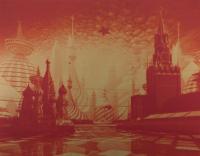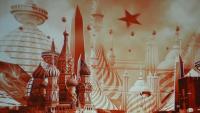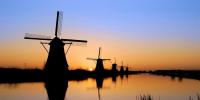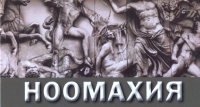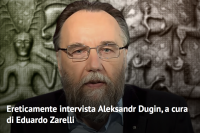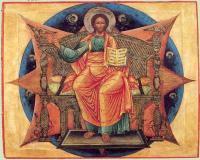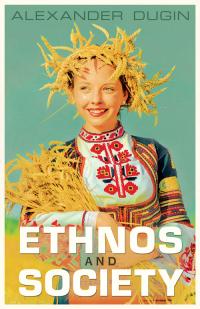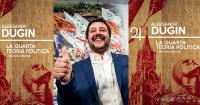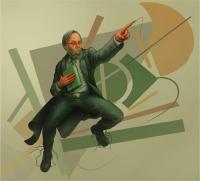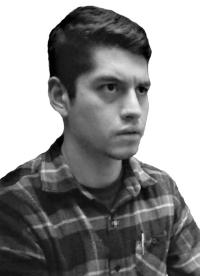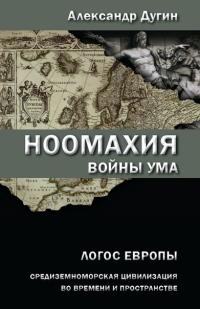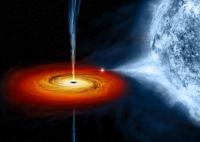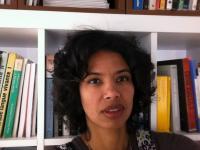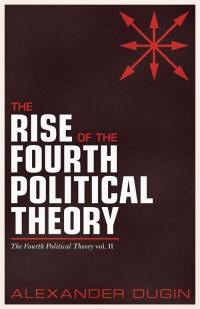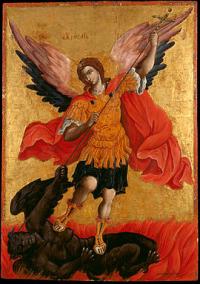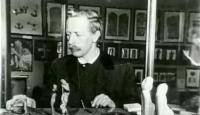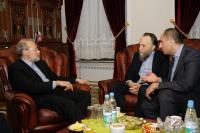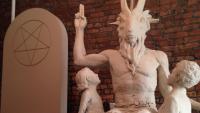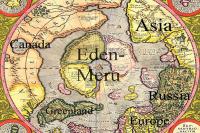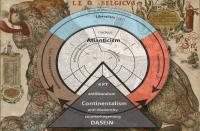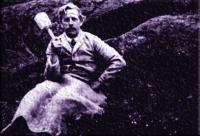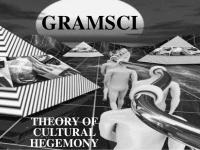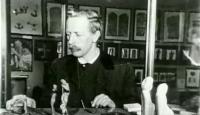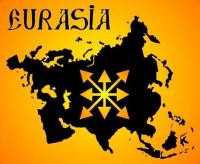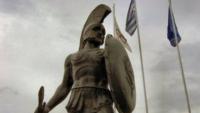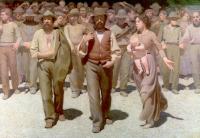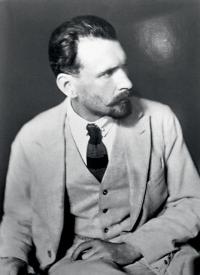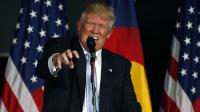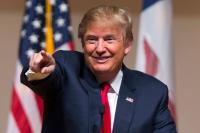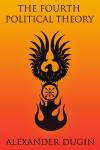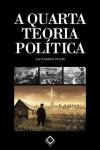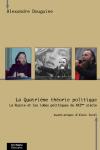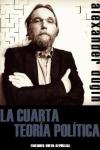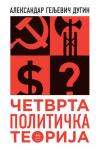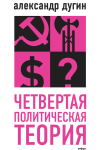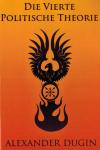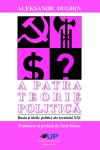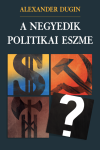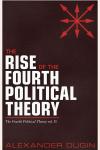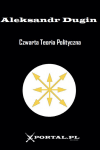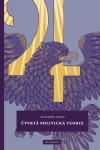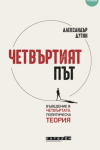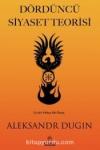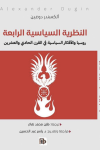The Pole of the Russian Circle: Moscow’s Place in the Sacred Geography of Russia
Questions of geography are very tightly linked to psychological archetypes. Every people, every civilization, every culture sees and understands space in its own unique way. There always exists a kind of code that serves as a distinctive trait of the national territorial myth.
Reconstructions made by modern historians of religions, sociologists, and anthropologists allow us to speak of an entire science (sacred geography) that predetermined our ancestors’ perception of the surrounding world in its spatial dimension. The norms of this sacred geography formed the foundations of epics, biographies, legends, traditions, myths, and fairy tales.
As the rational aspects of life developed, this sacred geography became part of the unconscious, thus determining deep psychic archetypes, rudimentary reactions, and the typology of slips and dreams. Having disappeared from the ancient stage, the geography of the myth passed into the sphere of subconscious reactions; however, this does not mean that it lost its hypnotic power.
There are peoples who visualize their homeland, their country, as an island. Others see it as a plain hemmed in by mountains. Still others see it as a space between two or more great rivers, or as an uninterrupted mountain range, or as a coastline, and so on and so forth. It is on the basis of this sacred geography of the homeland that an idea of the entire cosmos is formed.

